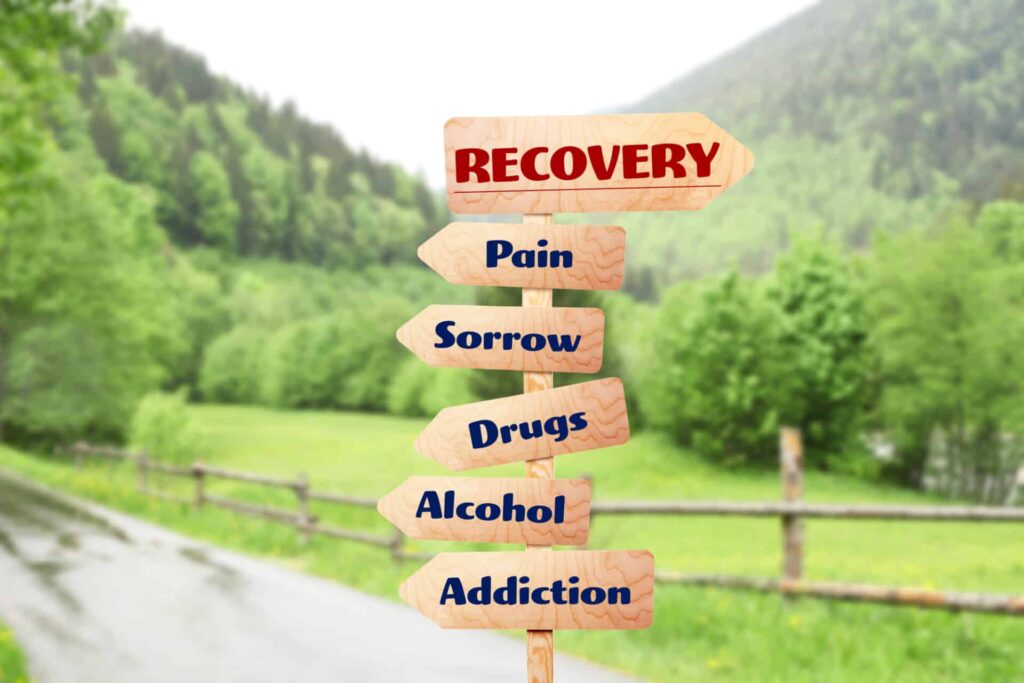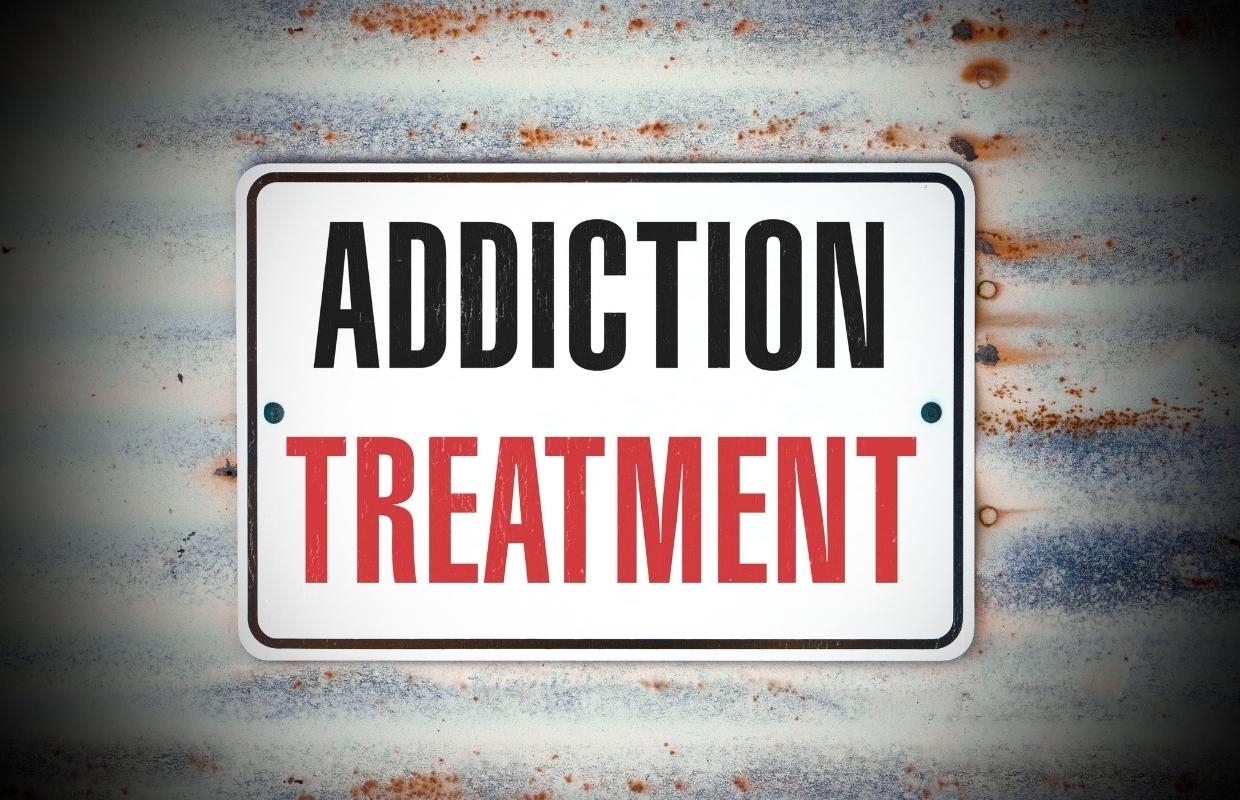Trick Kind of Dependency Therapy: Browsing Alcohol Dependency Healing Through Evidence-Based Practices
In the world of alcoholism healing, the combination of Cognitive-Behavioral Treatments (CBT) and Medication-Assisted Treatment (FLOOR COVERING) marks a critical stride in the direction of effectiveness and patient-centered treatment. CBT uses an organized path to reframe harmful idea patterns, while floor covering supplies a biochemical foothold versus the physical adversities of withdrawal. When these evidence-based techniques are supplemented with all natural methods, such as mindfulness and dietary support, they form a durable structure for therapy. The trip with these methods provides unique difficulties and outcomes, laying bare the concern of how these therapies concretely intersect to foster continual healing.

Recognizing Cognitive-Behavioral Therapies in Alcohol Addiction Recuperation
As alcohol dependency recuperation develops, cognitive-behavioral therapies (CBT) have actually emerged as a cornerstone in reliable treatment approaches. CBT operates the principle that maladaptive actions, such as too much alcohol consumption, are driven by inefficient ideas and beliefs. Therapy concentrates on identifying these adverse patterns and teaching people exactly how to test and change them with even more constructive reasoning. This therapy is not just about taking care of behaviors yet also improving cognitive processes, which can bring about continual sobriety. Sessions generally entail useful abilities training, such as coping methods for dealing with food cravings and stress administration techniques. The versatile nature of CBT permits it to be tailored to the special needs of each individual, boosting its effectiveness in the realm of alcohol recuperation.

The Function of Medication-Assisted Treatment in Handling Withdrawal and Cravings
Medication-assisted therapy (FLOOR COVERING) plays a crucial duty in the management of get more withdrawal Read Full Report signs and food cravings in people recovering from alcoholism. Floor covering involves using FDA-approved drugs such as naltrexone, disulfiram, and acamprosate, which aid decrease the physical and mental prompts to consume alcohol, helping with a smoother and a lot more convenient detoxification process. These medications operate by changing brain chemistry to reduce the rewarding effects of alcohol, support mood swings, and reduce physical dependancy. This medicinal approach, when combined with counseling and behavioral therapies, improves the opportunities of lasting recuperation. Such assimilation sustains the retention in therapy programs and adds significantly to avoid regression, noting floor covering inpatient facility as a keystone of reliable alcohol dependency therapy.

Incorporating All Natural Strategies With Traditional Treatments for Comprehensive Treatment
While medication-assisted treatment gives a foundational strategy to alcohol healing, incorporating holistic approaches with conventional treatments provides a more detailed treatment version. By combining these diverse techniques, therapy programs can customize treatments to specific needs, advertising a more sustainable recuperation. This integrated technique emphasizes the significance of a diverse strategy in the effective treatment of alcohol addiction.
Final Thought
In final thought, efficient alcohol addiction recuperation leverages a mix of evidence-based methods. Cognitive-Behavioral Therapies reframe negative reasoning, while Medication-Assisted Therapy deals with the physical difficulties of withdrawal and food cravings.